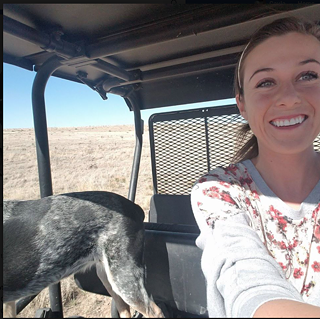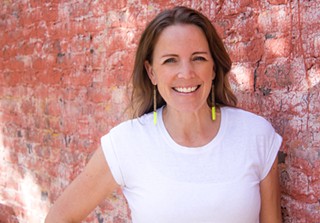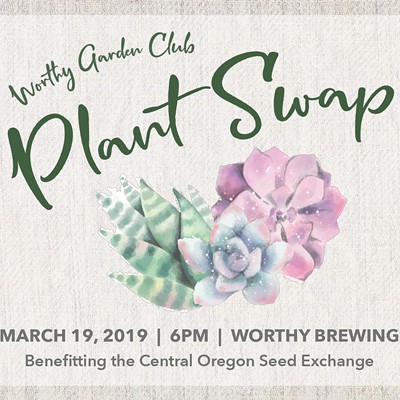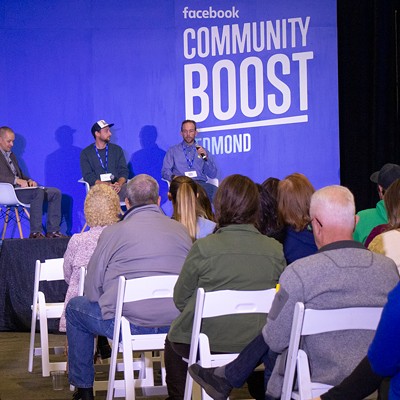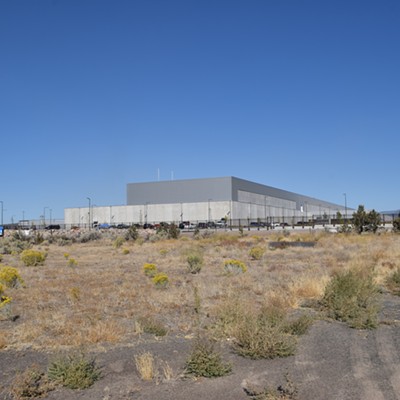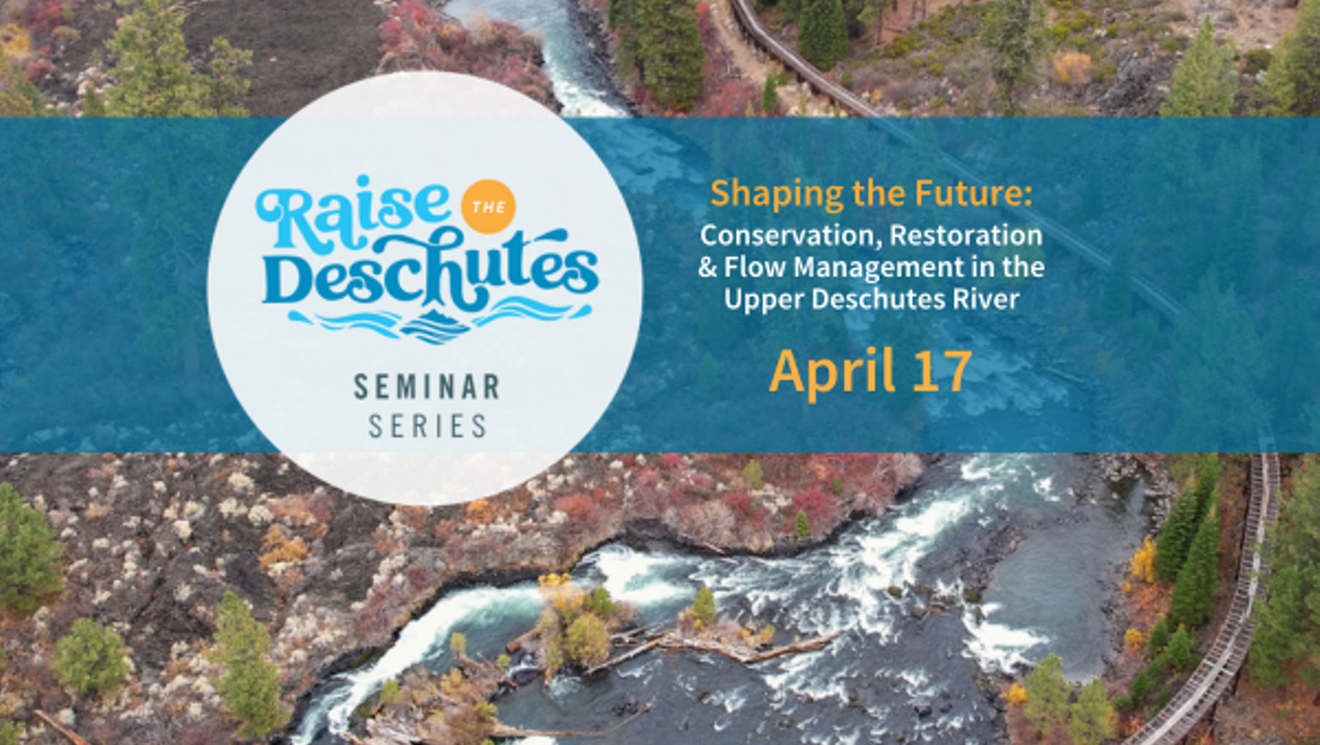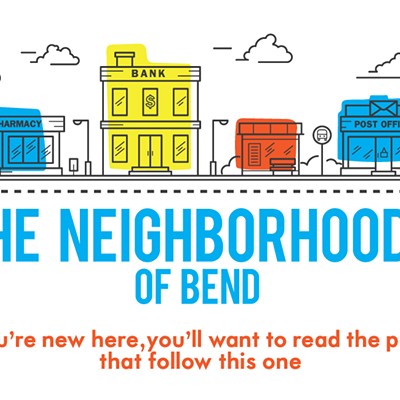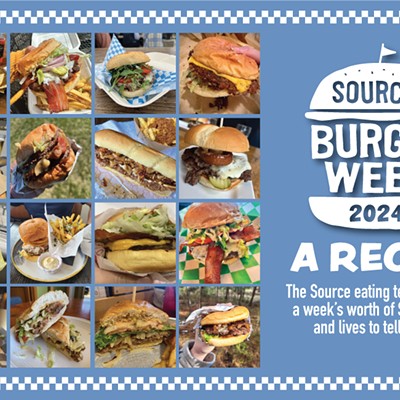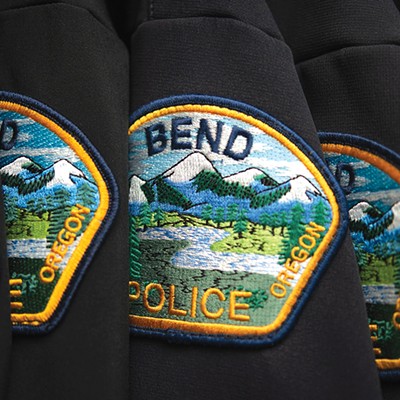Social Glue: Bringing people together online, for food, fellowship... and a lot less political fervor
By Nicole Vulcan
A few weeks back, I tried to find a new home for an errant rooster that had accidentally made his way into my backyard flock. Turns out, giving away livestock is against Facebook rules, and my request was removed from a local Facebook group where I posted it.
Facebook may have played a hand in helping influence the last presidential election by allowing misleading ads to proliferate, but giving away a chicken? Heck, nah.
But rather than focus on all the political fervor that continues as we approach yet another presidential election, this is intended to focus a bit on the positive side of social media, by way of some of the groups using it.
Central Oregon Gardeners
Started in 2013 by Stacey Kent, who lived in Prineville, and joined later that year by Tessa Neill, who had started her own gardening group, the initial vision for Central Oregon Gardeners was, "to not only create a fun and friendly place to get the specific information for our bipolar weather, but to gather the members in real life," according to a document on the COG group page. What started out as a group for a few hearty Central Oregon gardeners who wanted to prove you could actually grow food in the high desert has turned into a group of over 5,800 members, some who live in other far-flung high desert areas.
"I was in a volatile domestic violence situation, and building the group gave me a sense of worth and purpose. Plants and growing gave me hope for life when I thought mine would end," Kent told the Source. "It is impossible to think about your past, present, or future while gardening. You can only see the beauty, pull the weed or plan the next place for that flower."
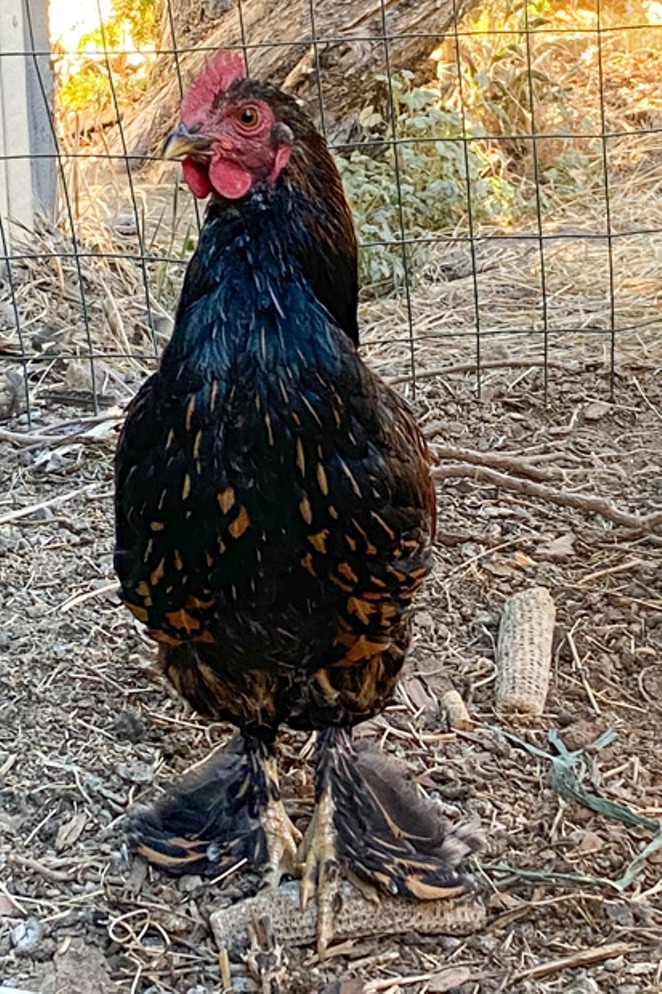
The recent pandemic has inspired a lot more people—some with more time on their hands, and perhaps the addition of financial concerns, to turn to growing their own food. Oregon State University, seeing the uptick in desire for information about growing food, even made some of its Master Gardener curriculum free at the start of the pandemic.
Neill of COG says the group, too, saw growth in group membership due to the pandemic—but said that group numbers have been steadily on the rise as the local population grows. COG members post photos of pests or problem areas in their gardens, and quickly get responses from any number of fellow group members. If someone has more of something than they need—such as an overgrowth of a certain type of plant, for example—another member is likely to swoop it up.
"I've seen members lose all the plants they started and other members offering to give them some starts," Neill told the Source. "We've seen members get really defeated about the challenges of growing in Central Oregon, and members are quick to offer encouragement to keep going."
Around 2015, COG began a seed swap, and then added plant swaps. In addition, "More and more members are stepping up to offer events teaching about their passion, what they do that works, etc.," Neill said.
Pandemic Partners
The last time we mentioned Pandemic Partners, it was a new Facebook group that had exploded in size, connecting people who had things with people who needed things during this global pandemic. As its group description reads, "It's simple - if you need help, ask. If you can help, respond out of the goodness of your heart."
Since its creation, by Morgan Schmidt, pastor at First Presbyterian Church in Bend, the Pandemic Partners "brand" has expanded beyond Bend: Groups now exist specifically for Redmond (2,300+ members), South Deschutes County (700+ members), Sisters (900+ members) and Jefferson County (780+ members)—and it's now a nonprofit with its own website sharing resources and a "starter kit" of sorts for those interested in "crowdsourcing kindness."
Is this possible without social media?
While Congress continues to debate whether social media giants should be treated like publishers—who are subject to rules and regulations that govern what they can and can't say (truth in advertising, for example), group leaders using Facebook as a vehicle believe it's the intention of the group—not the method by which the information is delivered—that really moves things along.
Before the Facebook group, Kent said she got the word out via other means.
"In the beginning I did a lot of Craigslist ads, local paper, like the (Your) Round Up, and flyers at businesses. I talked to everyone I could get to listen, too," Kent said.
It's tough to say whether a group like this would have gathered so many members were old-school community bulletin boards, rather than social media, its gathering point, but as Neill puts it, if social media didn't exist, Kent would have made it happen somehow. "That's how she rolls," Neill said.


